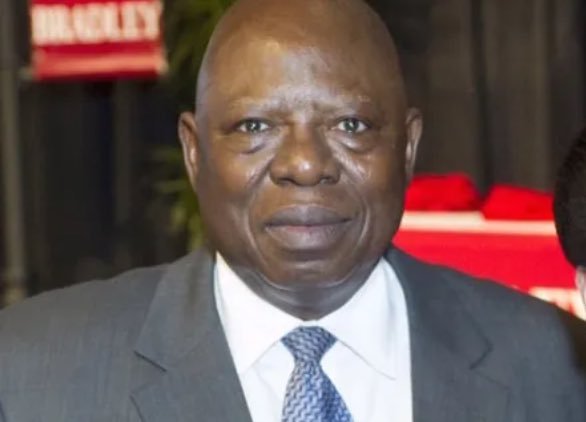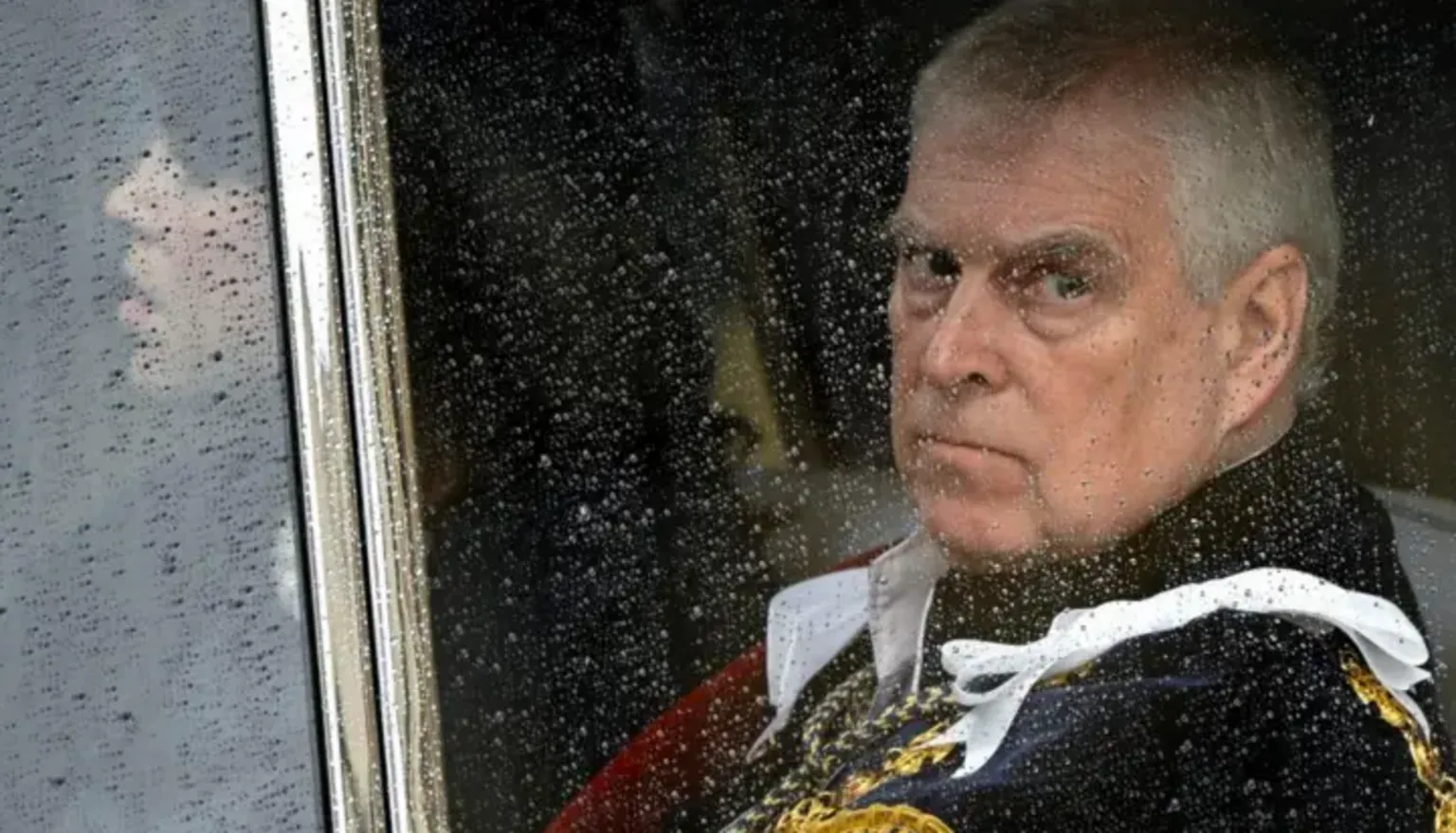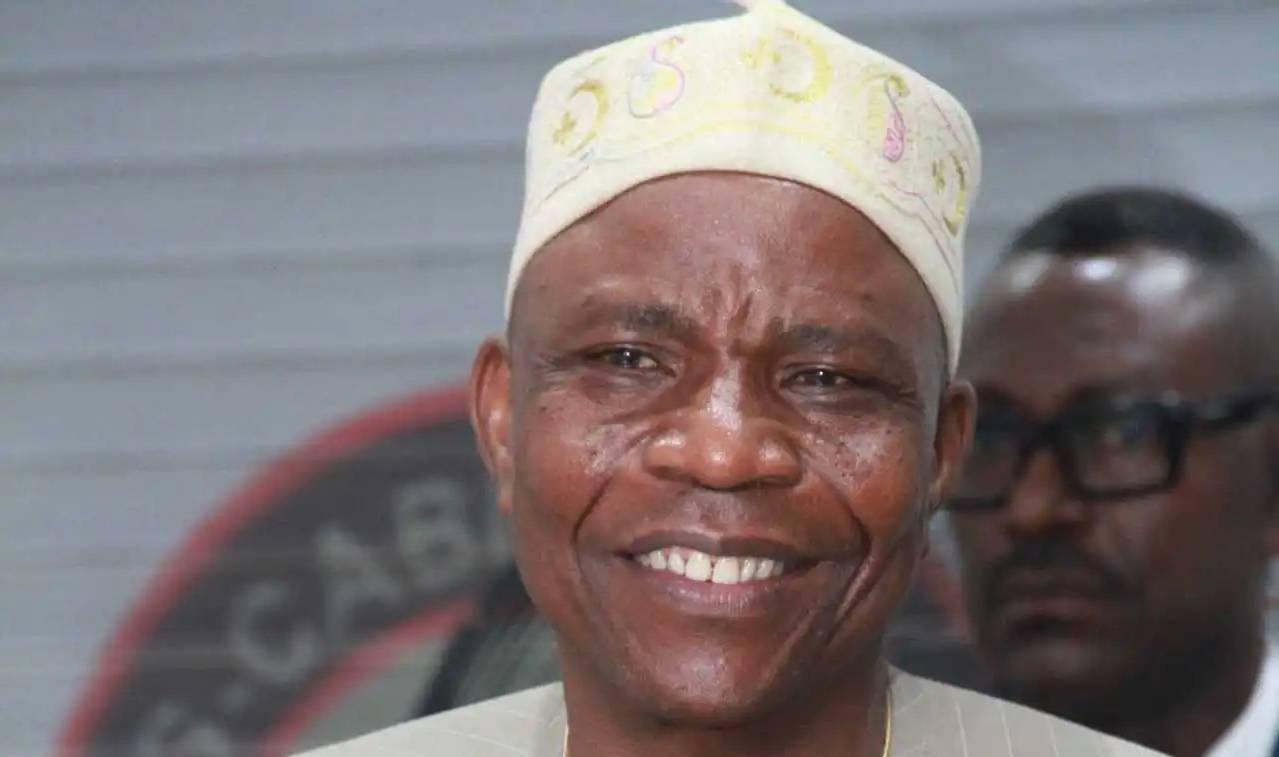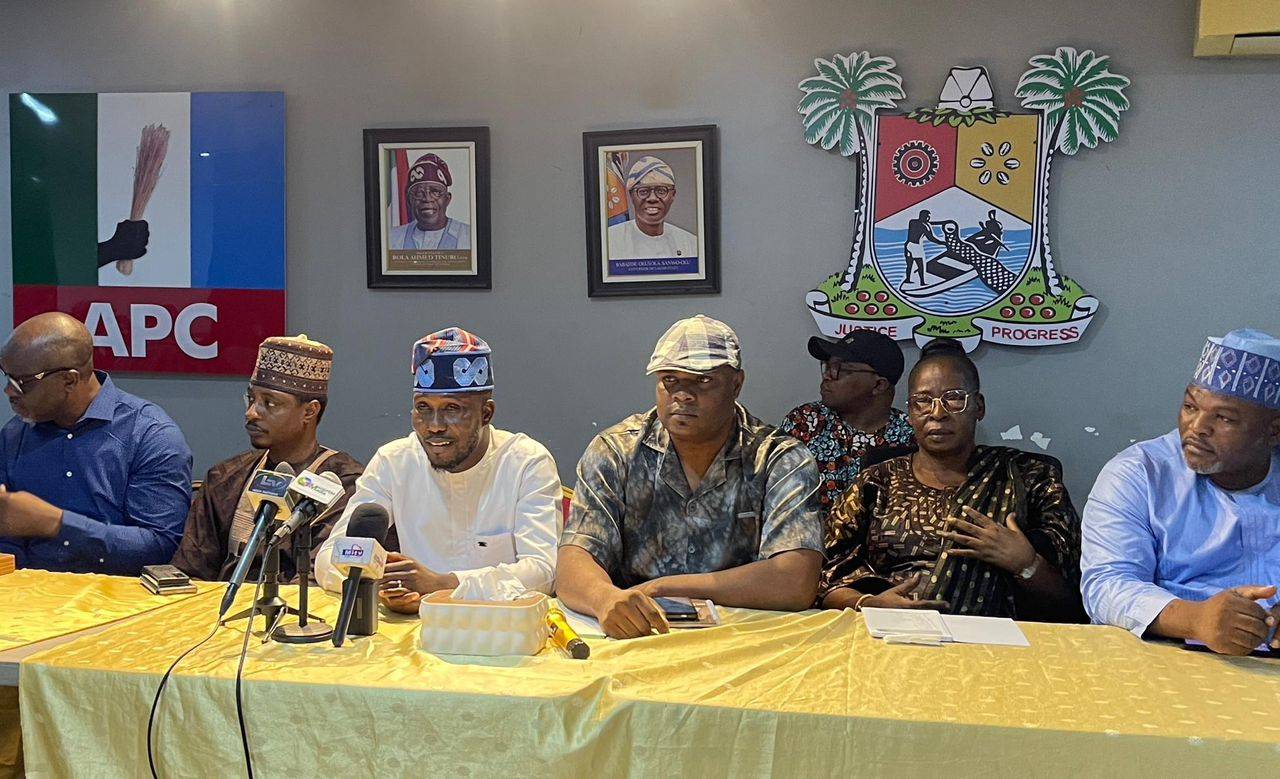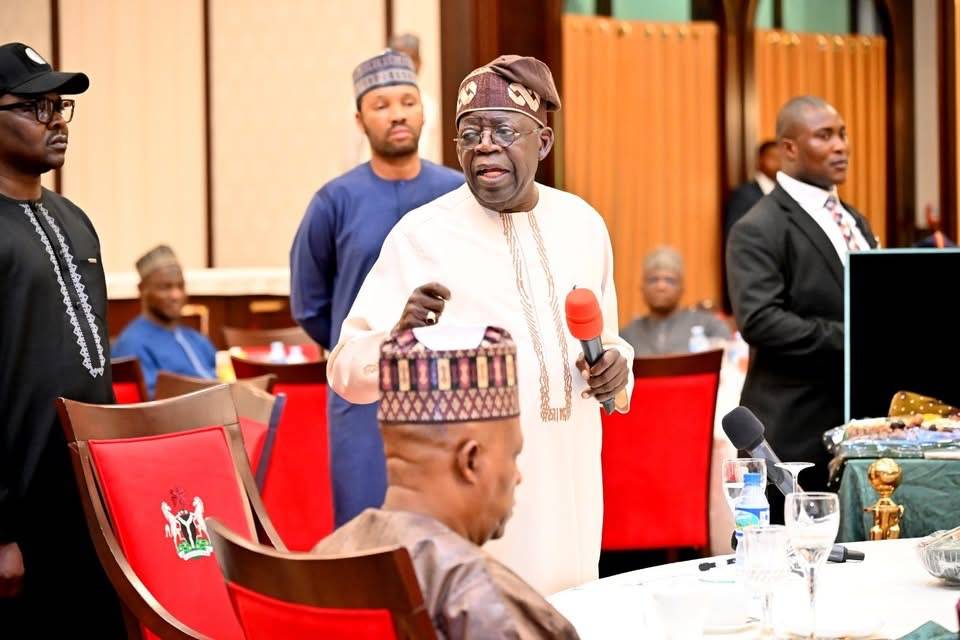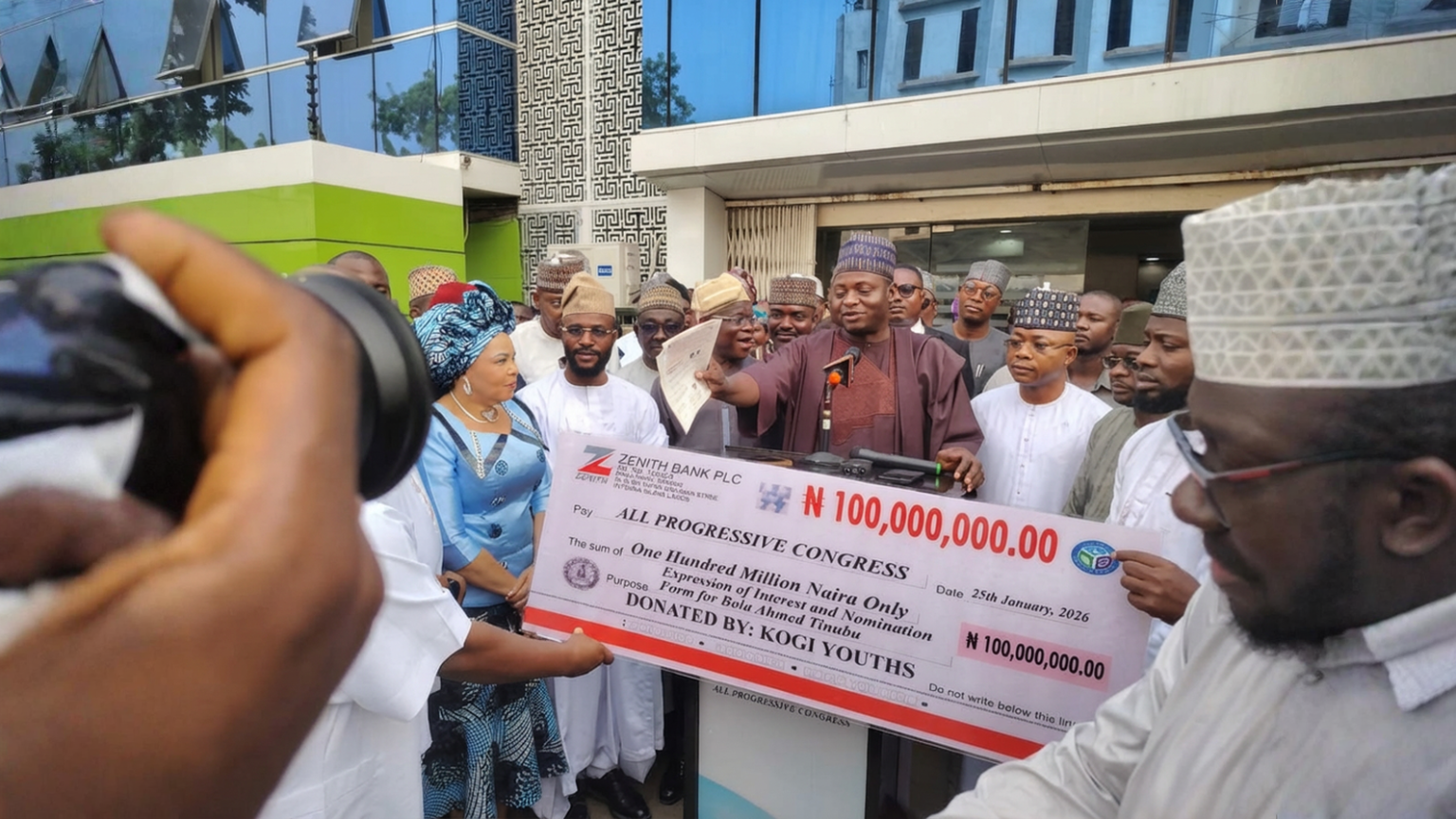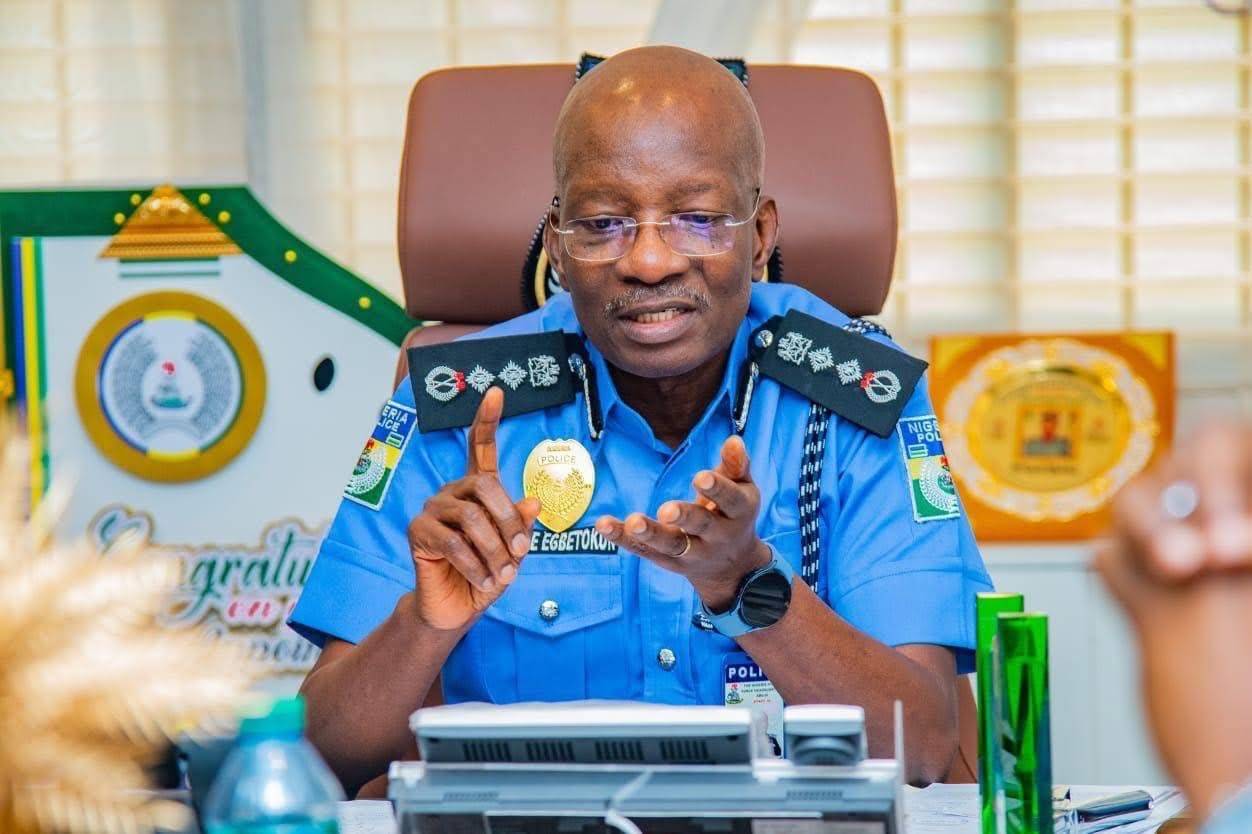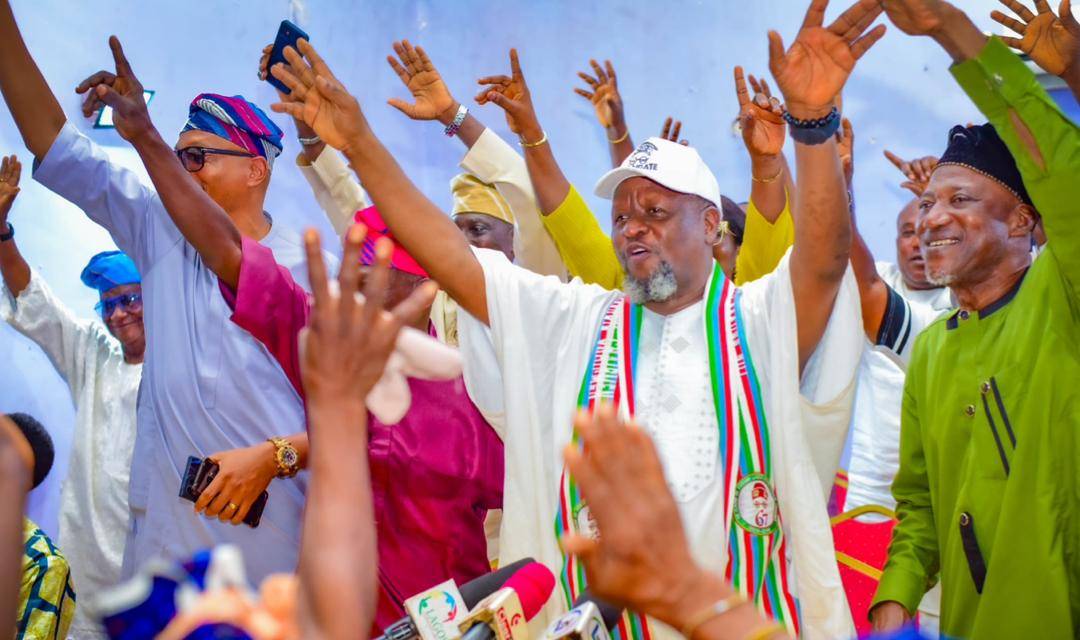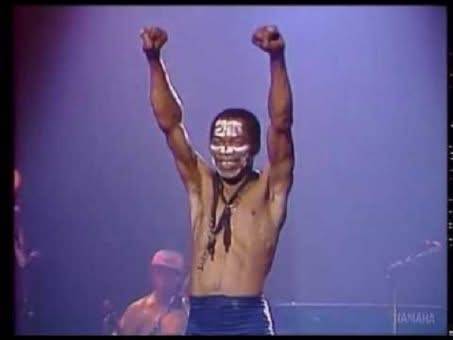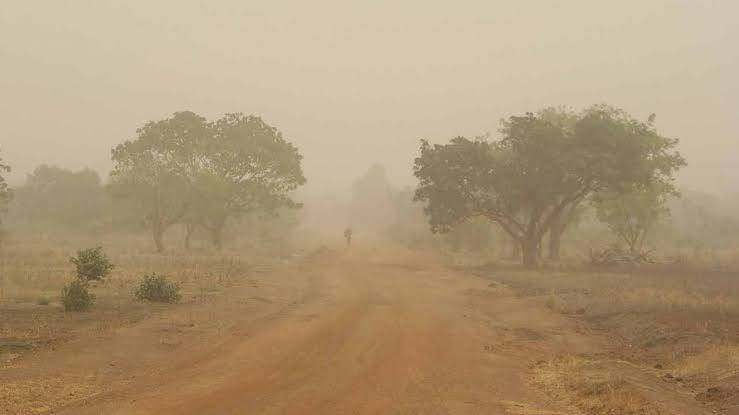Professor Olatunji Dare is one of Nigeria’s best-known journalists, journalism educators, and public intellectuals. For nearly a decade, he served as Editorial Page Editor and chair of the Editorial Board of The Guardian, where his award-winning and wide-ranging weekly column, in turn satirical and serious, attracted a wide appreciative national audience. His weekly column for The Nation, now in its 14th year, is of the same vintage and has drawn high praise for its insights and felicity of style. A much-travelled journalist, Dare has reported from more than a dozen datelines on three continents and interviewed several statesmen of global stature. His professional journalism has appeared in West Africa, Newsday, and The Seattle Times. In this interview with OLAKUNLE ABIMBOLA, on the cusp of his 80th birthday, he takes a panoramic view of his life and times as a journalist and academic, talks about how the June 12 election annulment saga changed his life, and touches on a few professional regrets.
At 80, you are “home abroad”. What are your broad takes: about past life at home, present life in exile?
Life back home was ordered, more or less. You went to school with your peers, with whom you nurtured the same aspirations about getting on in life; aspirations fueled by so many inspiring examples around you.
I had brothers studying at Igbobi College and CMS Grammar School and Zaria and Keffi and Okene. When they came home on vacation, they seemed like a superior breed: well-groomed, well-mannered, and seemed destined for high achievement. The first two persons to go to the UK for advanced study were from my family.
Dad was also an inspiration. Largely self-taught and well-cultivated. Wrote and spoke impeccable English, and laid out his country home, Okemopo Villa, like that of a British baron, furnishings and all, and drove a Ford Mercury V8 limousine.
You were led to believe that the only obstacle standing between you and your goal was yourself, your drive, your motivation, and there was plenty of motivation, starting from home.
And everything fell into place, more or less, culminating in my earning a doctorate, my detour into media work, my return to the academy, and appointment as a university professor.
Up to the June 12 crisis, my life was fulfilling. Work at The Guardian was so fulfilling that I actually looked forward to going to work on Sundays, so much so that my wife often wondered whether there was not much more than editorial work involved in those Sunday outings.
The pay was middling, but the professional and emotional satisfaction was priceless.
And I had some of the finest colleagues one could wish for.
This lifestyle crashed when General Abacha shut down the paper. Harassed by the security people, and unable to fulfill my obligations to my family, I relocated to the United States via the NADECO route.
I had a sense of exile only during the two years before my family came to join me. Thereafter, we made the usual adjustments and lived as we had done back home. I see myself as an expatriate, not as a person in exile.
How has that – permanent – change in location affected your craft as journalist and columnist?
Abroad, you cannot carry out the kind of freewheeling discussions and interactions you had with colleagues back home. You cannot just breeze into your colleagues’ space without an invitation. They guard their private space against every form of intrusion.
The spontaneity of home is missing. The kinds of discussions and debates that can enrich perspective don’t happen, except with your fellow expatriate Nigerians.
Back home, I had well-informed sources in and out of government and could run my ideas and hunches by them, one-on-one. With the erratic telephony at that end, it is difficult to operate that way. And so, in the work I do from here, there is more often than not a gap in my knowledge of the facts and their nuances.
I see myself as an expatriate, not an exile. Even so, you feel somewhat detached, or rather not fully absorbed in the source of your consciousness and creativity.
Plus, finding satisfying full-time media work here is difficult, no matter the position you held previously. I was lucky to have won a competitive fellowship from the American Society of Newspaper Editors to serve with the Seattle Times as an editorial writer. It was to last through summer but they offered me a position, which I could not take up then. But without the agency of the ASNE, I would never have had that chance.
The Academe here and in America: strengths and drawbacks?
In Nigeria, the teacher is in charge. In matters academic, in teaching style,
In classroom experience, he enjoys almost full autonomy. They sometimes abuse this autonomy through sexual harassment and other unethical practices. But the game is theirs overall.
In America, the educational experience is student-centered. Most are well-behaved, courteous, and respectful. But there are those who are having a Black instructor – or even sitting in the same classroom with them – for the first time. That is not how things are supposed to be. There is nothing you can do to engage or impress them.
They take out their frustrations on you when they have to evaluate you and your course at the end of the semester. But they do it to fellow whites too.
Some white instructors have been known to resign or retire prematurely, following devastating student evaluations.
You try to fulfill your obligation to the best of your ability. And I think I came out well in the end, even winning an award for Teaching Excellence. The testimonies former students made by personal appearance and in audio, text and video at my retirement rank among the best compliments I have ever received in my life.
Only two weeks ago, a student I had in my Media Law and Ethics class some 14 years ago, now on the Health Sciences faculty of another university, sent me an email saying how I had inspired her and how she remembers many of the examples I provided in class, the phrasing of my class notes, and my challenging exams.
Could you trace your last days at The Guardian, and the circumstances that led to your exit – and exile?
We intuited that we could not carry on indefinitely with our outspokenness, our analyses, our depth reporting, and our investigative approach to issues, and that the authorities would have to wield the big stick at some point. The Government had no answer. The official media were simply no match
I used to warn my colleagues to leave no vital documents – passports, cheque books, ID cards, etc, in their offices.
But the end came when we least expected it. I had just returned from a trip to Germany, and the pouch containing my passport and other documents was in my desk, in expectation of another foreign trip, when security forces ordered everyone out around midnight and shut down the place indefinitely. My column titled “The Nigerian Ideology” was scheduled to appear Tuesday of the following week. It was run more than a year later, when the paper was allowed to resume publication.
The government thought that the appointment of our publisher Alex Ibru as Internal Affairs Minister and member of the ruling Supreme Military Council would blunt our critical edge. When it didn’t, despite Ibru’s attempt to teleguide the paper, they shut it down, sacked Ibru, and made an attempt on his life later.
Word reached Ibru that if he apologized for The Guardian’s misdeeds and promised that it would sin no more, the Government would consider unbanning the paper.
And so, Ibru led a team of his inner circle to Abuja for that purpose. Though a member of that inner circle, reporting directly only to the Publisher, I was not privy to that decision. They sent an airline ticket to the house, with a cover letter that said we were going for an audience with Abacha. The purpose was not indicated, but I had been tipped off by some colleagues and by a source in the Presidency in Abuja.
It was my 14-year-old son, awaiting his JAMB results, who took delivery of the letter. He opened and read it. As I settled down, he handed it to me, saying, “Dad, they say you are going to Abuja to meet Abacha.”
I have heard, I told him.
What’s the purpose? I told him.
As I was reading the letter, he looked me in the eye and said “You know you can’t go on that trip, Dad. If you go, you are sunk.”
“I will not go,” I assured him. Then, I asked, “Are you prepared to live with the implications of my not going?” We were living in official quarters, with no home of our own, and not much money in the bank.
“Yes,” he said, without hesitation. We shook hands. I hugged him. And that was it.
They went, they begged, and were forgiven.
Two days later, I turned in my resignation. The Guardian had always insisted on the primacy of the rule of law, I stated in the letter. If we had broken any law, we should be made to answer before the courts. After the compromise we had made, we could never write in that vein again without sounding hypocritical and disingenuous.
I never went back. I dusted up my diplomas and took up a teaching job in the United States, through the help of one of my former professors at Indiana.
As a journalism teacher, you have taught and mentored many. How has it been over the years, with your different generations of students and mentees?
Seeing a good many of my former students in the commanding heights of Nigerian journalism has been a great source of joy and pride for me. I am sometimes embarrassed by the deference they show me, and by some of the things they say about me.
At my 70th birthday celebrations ten years ago – how time flies – there was this former student who brought his nine-year-old son along. He said he had talked about me so many times in their house about how I had influenced his life that the young man insisted on meeting me. I fought back a tear or two.
You were once a student yourself: teacher training, science-inclined and finally media studies. Which of your teachers shaped you and nudged you toward your present career as a celebrated journalist?
A tricky question. I have had so many good teachers that it would be invidious to mention some and leave out others. Still, at UNILAG, I must mention Frank Ugboajah, Marie Riley, Onuorah Nwuneli, and Jim Scotton who was journalism dean then.
I had entered UNILAG as a self-sponsored student. My money ran out at the end of my first year. I had applied for a Kwara State Scholarship without success, and I wasn’t about to re-apply. I thought of taking the year off to work to earn some money to pay for the rest of course.
I mentioned it to Dean Scotton. He said I would lose my momentum if I did that, and that I would never regain it. Was there any authority he could write to about me? I suggested the Kwara State Scholarships Board.
That was how I Was awarded a scholarship to cover my remaining two years at UNILAG. The financial security allowed me to focus on my studies and to pursue excellence. Jim Scoton died last year.
Outside Mass Comm, there was Alain Herbert in Modern European Languages (I had two years of French) and the Rev. Father Joseph Schuyler in Sociology.
At Columbia, Luther Jackson, Norman Isaacs, and Fred TC Yu come to mind. In Indiana, I must mention Ogan and Herb Altschul in journalism, William Gawthrop and Jack Hopkins in public policy; Ed Buehrig in International organization, and Owen Johnson in international communication.
All of them sharpened my intellect and by their personal examples, made me strive for excellence.
You wrote that a letter of support from Nobel Laureate Professor Wole Soyinka for your application for a professorship at Bradley University, Peoria, Illinois, USA — where by the way, you’re now Professor Emeritus of Communication — caused quite a stir. Could you share with us that experience?
Soyinka is a writer and intellectual of global stature. It is not often that one encounters a person of that calibre. Knowing such a person to the point that he enthusiastically endorses your application for a professorship virtually marks you out as a remarkable figure by extension. That was what happened.
I should mention an earlier, related example. I was caught in the U. S Visa trap on a visit to Nigeria. Embassy officials said I had to spend two years in Nigeria before I could return to the United States, unless the government of Nigeria sanctioned my return. In vain did I point out that I was not a government official. Only the President could give the necessary authorization.
When they learned of this development, my college dean visited my wife at work on a sympathy call and enquired how difficult it would be to get the authorization.
My wife replied that it should not be difficult since the President and I are friends.
Her visitor straightened up, swallowed his breath, and asked: “What president are we talking about, Mrs Dare?”
“President Obasanjo.” she replied calmly. “He and my husband are friends.”
Some two weeks later, the Note Verbale was delivered to the Embassy.
Several days thereafter, I was on my way back to the United States, a person of some consequence in his homeland.
Soyinka’s letter of support sealed my standing as a person who has friends in higher places.
You bossed, to high public acclaim, the delicate art of satire in your columns, during the troubled years of military rule. Why that choice, which could easily be misinterpreted?
I honestly can’t tell whether it is the case that I chose the medium of satire, or satire chose me. It came naturally to me, and I found it convenient and effective. The risk of being misunderstood, of its being taken literally, was always there. But you learned to live with it.
Perhaps the most notable example of that eventuality was a piece I did when it was reported that the fellow posing as President Muhammadu Buhari in Abuja was a double, from Sudan.
I tried to puncture that story by taking it to a much higher level, stating that those who planted the fake had demanded a hefty portion of Nigeria’s oil revenues for the next 25 years as a price for withdrawing, and that the British authorities were mediating.
A much-revered cleric took the story literally and relayed it to his global congregation. I was told that my piece and the cleric’s spin on it had caused a major security concern in Abuja, and that I should kindly declare that it was a satire. Which I did, for the first and only time I have been writing satires.
By and large, however, it has served me well, and a discriminating audience has grown used to it.
With fetching prose, you curate not only elegant style but also sound lexis and structure. How do you rate the Nigerian media today in the use of language?
Very high on the whole. In some cases, world-class. You still find, here and there, examples of language use and abuse that offends the reader’s sensibilities, examples of transliteration, solecisms, non-sequiturs, and what have you.
But in the mainstream media, especially in the editorial and opinion pages, language use ranks with the best you will find anywhere. Only the best are recruited to service those pages.
I wish I could say that this is true for all sections of the media, or for all departments of a given media outlet. News reporting is still governed by formula, with inordinate attention to the who rather than the what, with scant attention to process, and with and with no follow-ups.
Contrasted to the 1970s, literacy today is up but copy sales are down. What can the media do to use higher literacy to boost sales?
You need resources to train and recruit versatile staffers to raise the literary profile of news outlets. But with shrinking purchasing power, I doubt whether outstanding language use alone can boost sales.
The reader must know that there is valuable content for him or her. This calls for audience research, creativity, diversification, and excellent marketing so that even in a stagnant environment, you can attract a larger piece of the pie. You have to have readers and audiences. Do not take their loyalty or patronage for granted.
At 80, what do you count as your fulfillment, and what are your regrets – on the personal plane, and on Nigeria?
On the personal plane, I am thankful that I have lived a full decade beyond the proverbial three score and ten years, without appreciable loss in cognition or mental functioning. But the passage of time is all too evident in my gait and in my impaired mobility.
I am grateful that I have a loving wife and children who share my values and hold tenaciously to my values and principles. I am grateful that our caring and dutiful children have struck out on different paths and are finding fulfillment in their personal lives and their callings.
I am thankful for those friends who came to my help at critical times, and to colleagues who inspired me with their outstanding work. I count it a blessing that my professional attainments have been acknowledged at home and abroad.
On Nigeria: It is deeply to be regretted that a country so richly endowed is yet to find a secure footing in the community of nations; that a country that aspired at the end of the civil war five decades ago to become a land full of bright opportunities is today a land from which tens of thousands, young and old, are fleeing in search of better opportunities.
I have the hope that one day, Nigeria will finally make a rendezvous with its destiny- that its vaunted potential will finally be translated into actuality. I regret that this will not happen in my lifetime.
On the professional front:
I regret that I never had an opportunity to interview former military president Ibrahim Babangida, no holds barred.
Most of those who have had the chance, whether Nigerians or foreigners, were too star-struck, too beholden to him, or too timid to ask and ask insistently those tough questions about his failed, duplicitous leadership that landed Nigeria in the morass from which it is yet to emerge. Only Karl Maier (author of “Nigeria: This House Has Fallen”) came even close.
One last regret, and a matter of consuming shame.
On my 70th birthday, I solemnly declared that, on my retirement from the Bradley faculty the following year, I would devote myself to raising awareness about autism, building a constituency for the afflicted, and helping mobilize support for their care.
This declaration did not spring entirely from altruism. I have an autistic son well into his forties.
Much to my regret and shame, I accomplished next to nothing in that regard. The pathologies of ageing set in even before I retired and overwhelmed me thereafter, necessitating radiotherapy, two spinal surgeries and other radical interventions that impaired my capacity for independent travel, and then Covid Correspondence went unacknowledged, and phone calls went unanswered. It was difficult to ascertain who was who in the community of the concerned. The file containing my notes and working papers went missing with my luggage on the flight to Lagos. The luggage was never found. Things did not get to the point where I could confidently ask for public donations for the cause.
During the 2014 event, former Edo State Governor Adams Oshiomhole and former Governor Kayode Fayemi of Ekiti donated N2 million and one million Naira. respectively, for the project. That sum has more than doubled as a fixed bank deposit.
It remains to determine the bond fide legatees for the autistic in Nigeria and to hand over that sum, and my personal bequest in lieu of the initiative I could not execute.
Culled from The Nation


